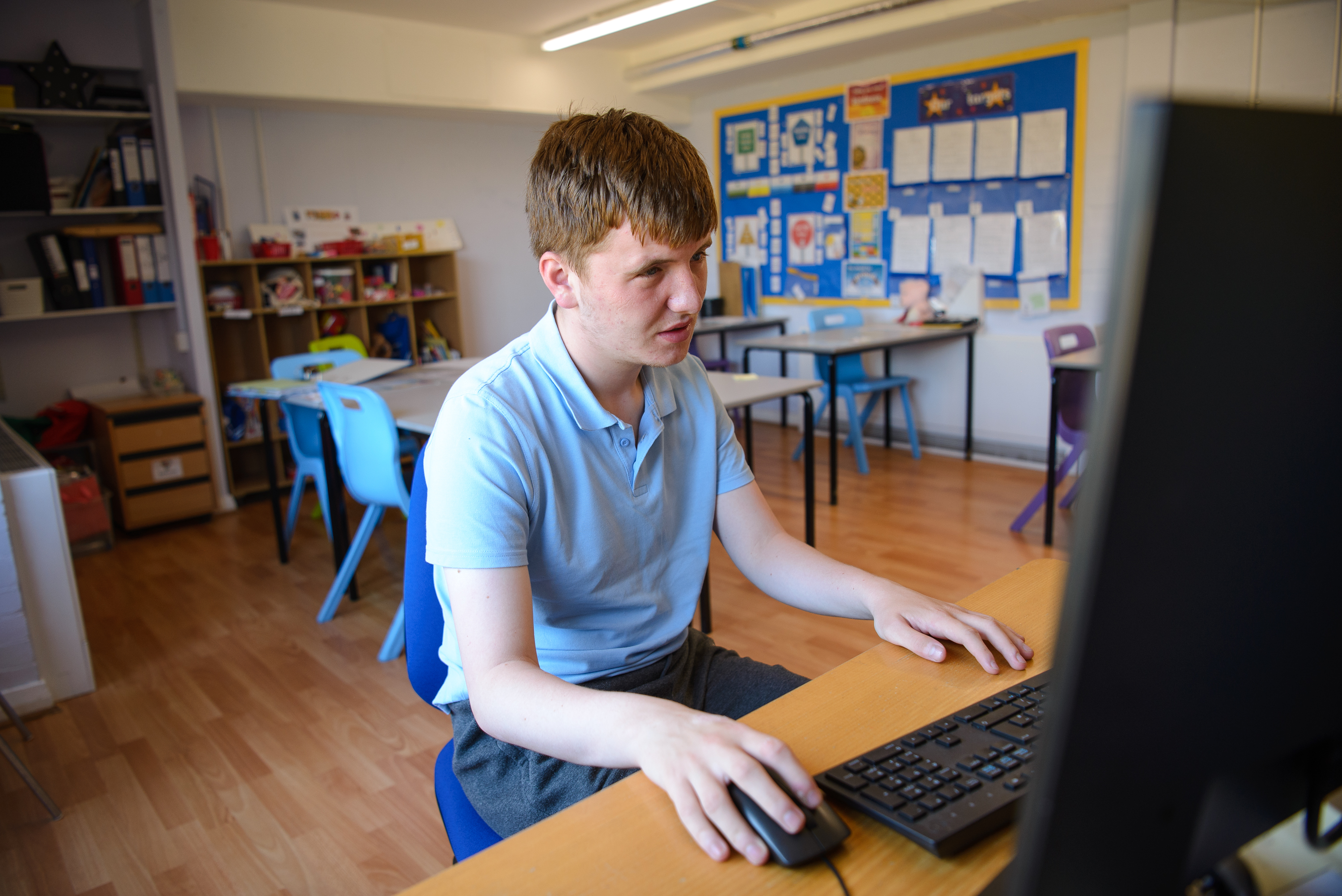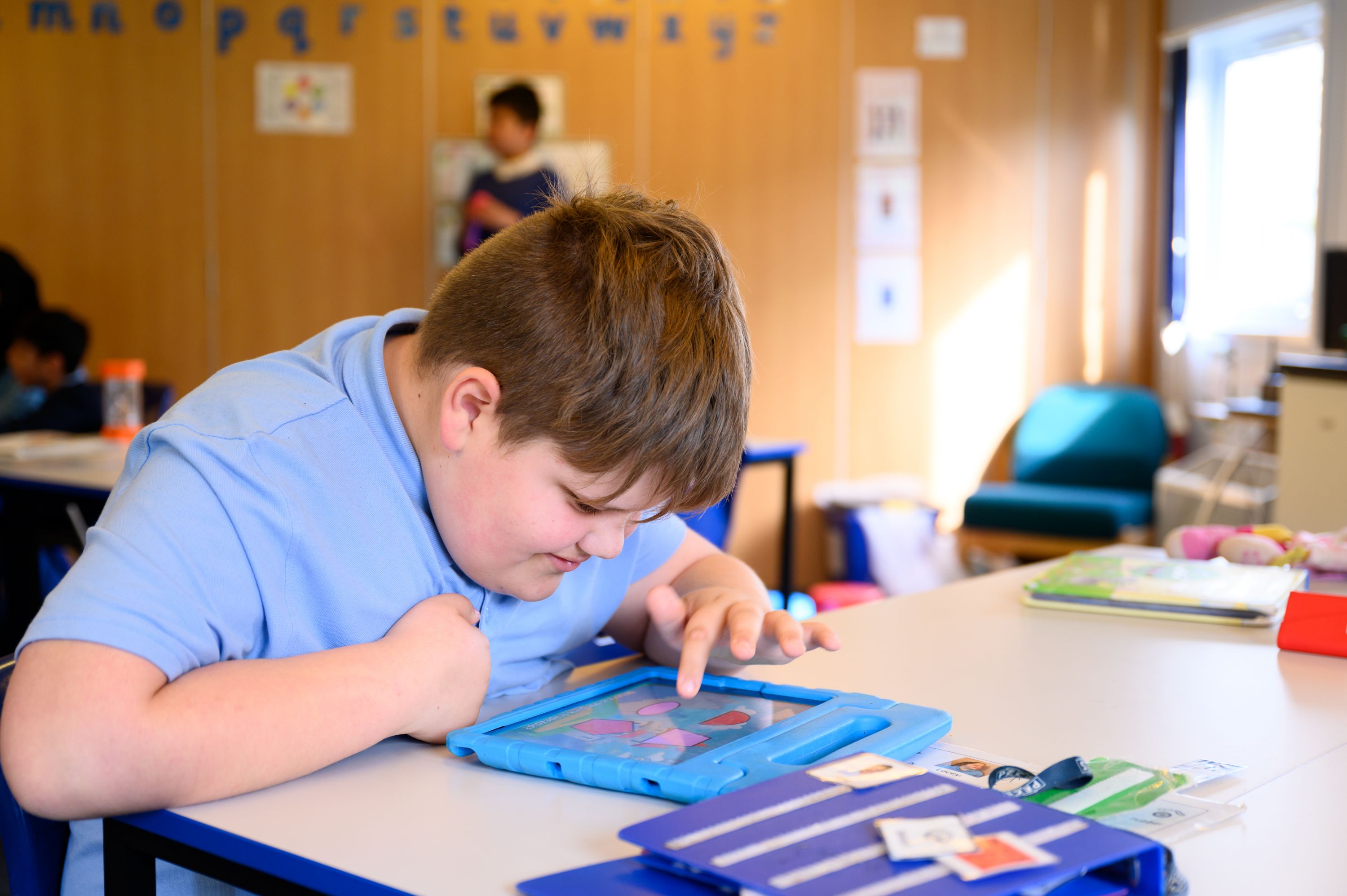Online Safety
Reynalds Cross fully understands how important technology is in education and how crucial it is to create a safe online environment for our students. We're dedicated to promoting responsible use of technology while making sure our students are protected as they explore the digital world.
We guide students on safe browsing by encouraging them to use age-appropriate websites and resources. To further ensure their safety, we use Smoothwall, an internet filter that blocks harmful content.

A simple and effective way to remember online safety at home or at school is through the SMART rules:
S is for Safe: reminding students to keep personal details private from strangers.
M is for Meet: advising students never to meet someone they’ve only interacted with online unless they have a trusted adult with them.
A is for Accept: encouraging caution with unfamiliar links and to always ask a trusted adult before clicking.
R is for Reliable: emphasising the importance of questioning the truth of information and checking with reliable sources.
T is for Tell: highlighting the importance of letting a trusted adult know immediately if something online makes them uncomfortable or upset.
Digital Citizenship is a big part of what we teach. It focusses on using technology and the internet responsibly and ethically. This includes not only protecting personal information but also communicating respectfully and engaging positively with others in digital spaces. Being a good digital citizen means being mindful of how our actions online can impact others and making informed choices to help create a safe, supportive online community.
Respectful communication is key, and we encourage kindness and respect both in-person and online. We also emphasise the importance of privacy, advising students never to share personal information, like names, addresses, or photos, in online spaces.
Social Media Awareness is another important area we cover. We teach students how to use these platforms safely and responsibly, such as understanding privacy settings, being mindful of what they post, and recognising the consequences of their online actions. By staying informed, students can protect their personal information while making positive connections online.
We focus on responsible social media use, such as setting their profiles to private and understanding the permanence of online actions. Cyberbullying prevention is also a major focus, where we raise awareness about how to identify it and the importance of reporting any instances to a trusted adult. We encourage students and parents to speak up about any online safety concerns.

Our commitment to e-safety includes thorough staff training. All staff members are equipped with comprehensive e-safety knowledge to support students in navigating the online world safely. We also offer lessons focused on e-safety, digital citizenship, and responsible tech use, giving students the tools they need to thrive online.
If you have any questions or want some advice about e-safety, feel free to contact our Safeguarding Team.
We encourage parents to be actively involved in their child’s online safety. Here are some useful websites and resources on various topics to help:
Search LGfL safeguarding and online safety resources | LGFL
E-safety for schools | NSPCC Learning
Parents and Carers - UK Safer Internet Centre
Keeping under fives safe online | Childnet
Parent Zone | At the heart of digital family life
Online safety guide - Internet Matters
Online safety guides and resources centre | Internet Matters.

